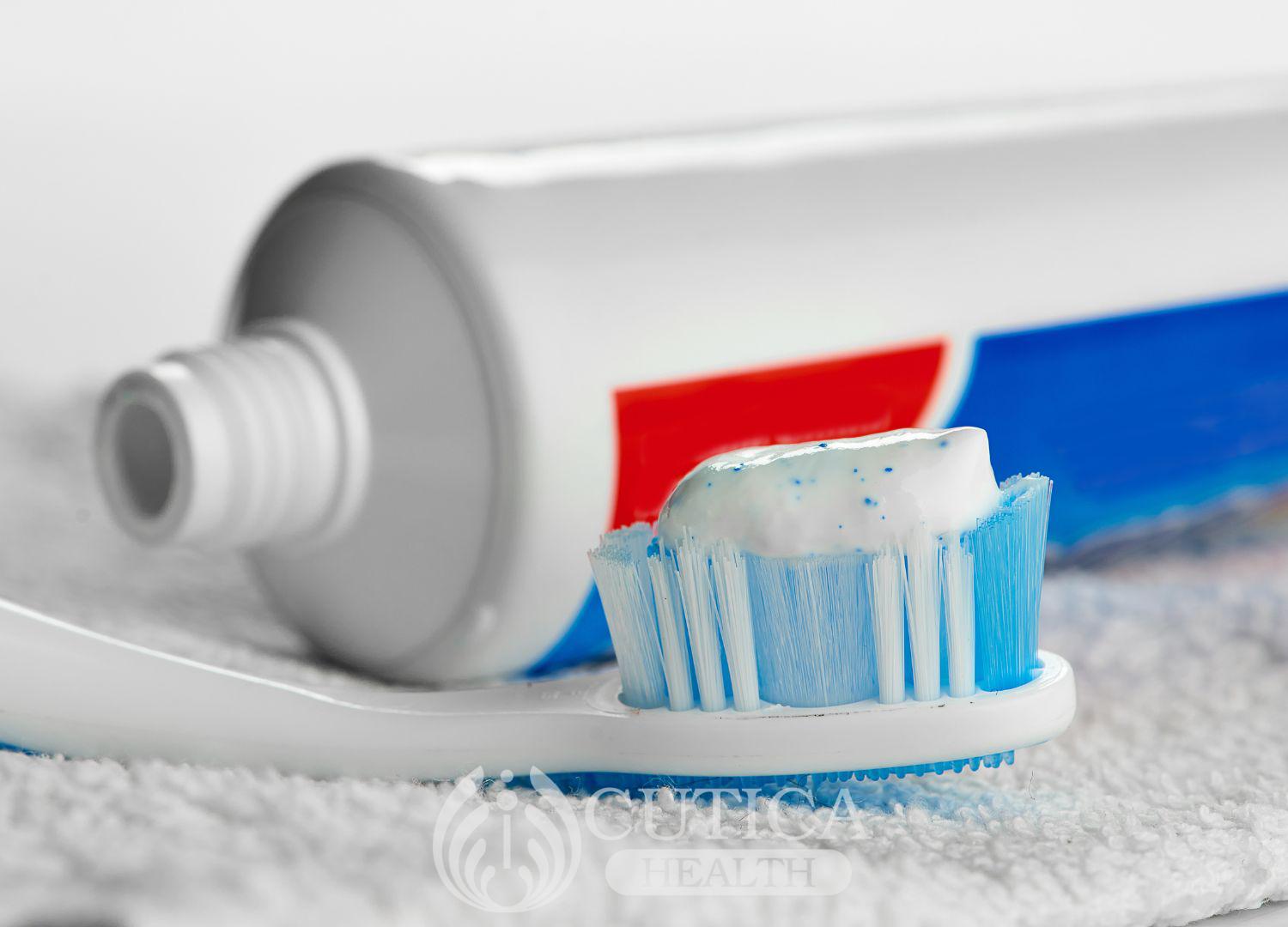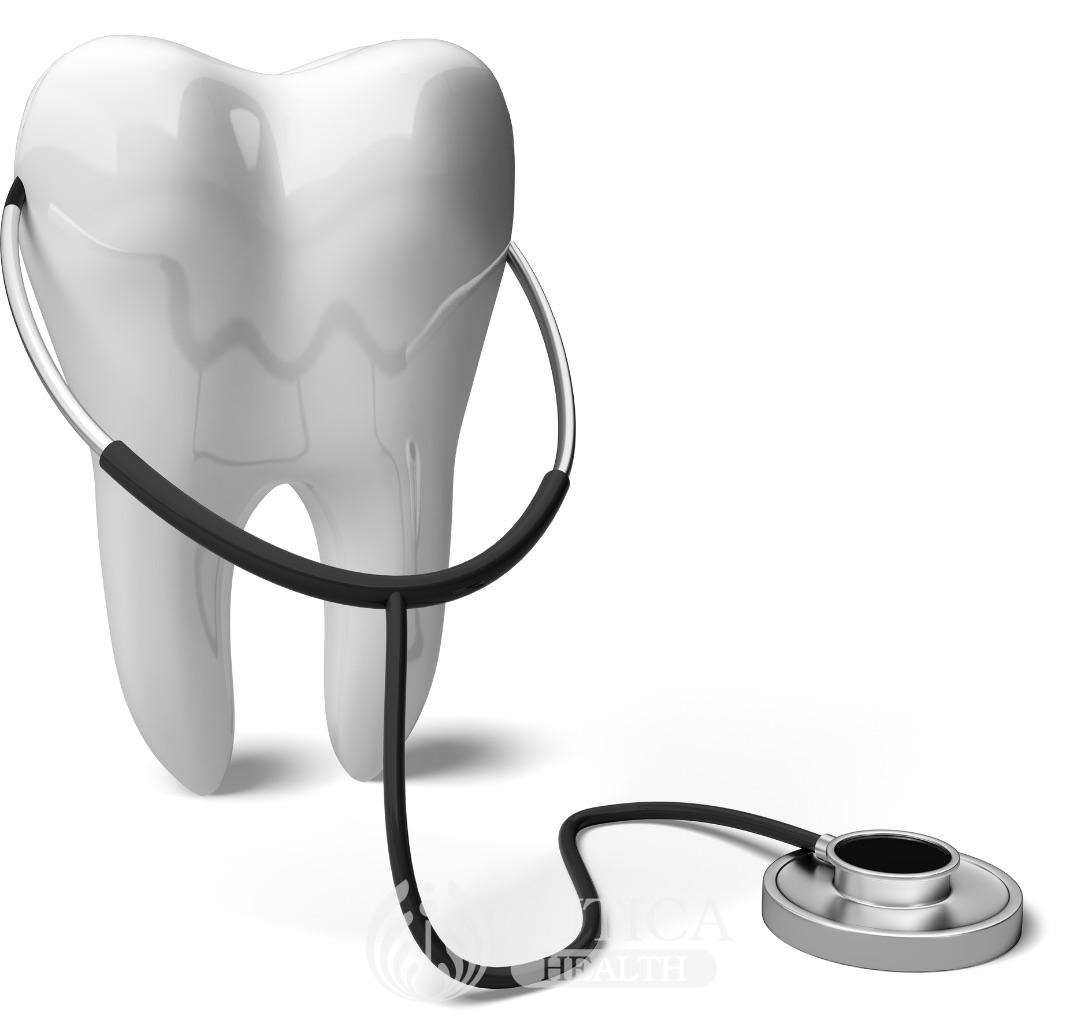
Tunde spent a few minutes in the dental clinic last Saturday. He was counseled on how the dentist within a few minutes of examining his mouth can reveal about his health! And to say the least, he was surprised. He learned that the mouth is a window to the rest of the body as the state of one’s oral health can give a fair idea about his/her physical, psychological, mental health and overall well-being. Tunde promised to look after his mouth and to see the dentist at least twice a year.
Introduction
A lot of health conditions show pointers to their presence by causing certain changes in the mouth. These changes can help the dentist quickly pick up a health condition before it becomes serious and therefore prompt early treatment. Therefore, seeing the dentist is not just about your mouth, it could very well be the first-place other medical conditions outside the mouth can be diagnosed.

Health Conditions and How the Mouth Points to Them.
Diabetes Mellitus: This is a medical condition where the body finds it hard to control the level of sugar and other major nutrients in the body. Now, a patient with Diabetes Mellitus can show some reddening of the gum in the mouth (which is called gingivitis) and this can progress to involve other structures in the mouth, such as the bone, that support the teeth (called periodontitis). This can result in displacement of the teeth and eventual tooth loss. Also, dry mouth, oral thrush and a fruity-smelling breath can be a pointer to ongoing complications of diabetes mellitus.
HIV/AIDS: People living with HIV/AIDS can develop what is called oral thrush, a creamy/ white buildup of organisms on the tongue. This is because the system designed by the body to fight infection is compromised by HIV. Also, the presence of persistent sores in the mouth, a constantly dry mouth, sores at the corners of the mouth, and sometimes tooth decay can be pointers to HIV.
Heart Diseases: Medical research has shown a link between heart diseases and poor oral health. A serious one is when bacteria that cause mouth diseases spread through the bloodstream to the heart and cause significant damage. Healthy oral health behaviors help to prevent this connection and protect the heart. Also, individuals with pre-existing heart conditions are at more risk of having complications from such infections in the heart.
Mental Health Conditions: The mouth suffers from even mental health conditions as individuals who experience high levels of stress or suffer from severe anxiety or depression end up showing signs in their mouths. Bruxism, which is when an individual grinds or gnashes their teeth unconsciously while asleep or awake, shows evidence by the wearing away of the surfaces of the teeth. Individuals with eating disorders (Bulimia or Anorexia) may have eroded teeth surfaces from constant contact with the stomach acid when they repeatedly throw up. Oftentimes, a dentist may be the first health practitioner to suspect an eating disorder in such patients and refer them appropriately.
Others: Halitosis, also known as bad breath, can be due to other respiratory, gastrointestinal, kidney, and liver diseases. Dry mouth can also be a pointer to more serious conditions like Sjogren’s disease (an autoimmune disease) or a side effect of some medications.
Conclusion

In conclusion, a healthy mouth reveals a patient who takes his overall health seriously as it is evident that your mouth is the gateway to your overall health. Therefore, proper oral hygiene practices, regular dental checkups, and consultations should be done to maintain a healthy lifestyle.












